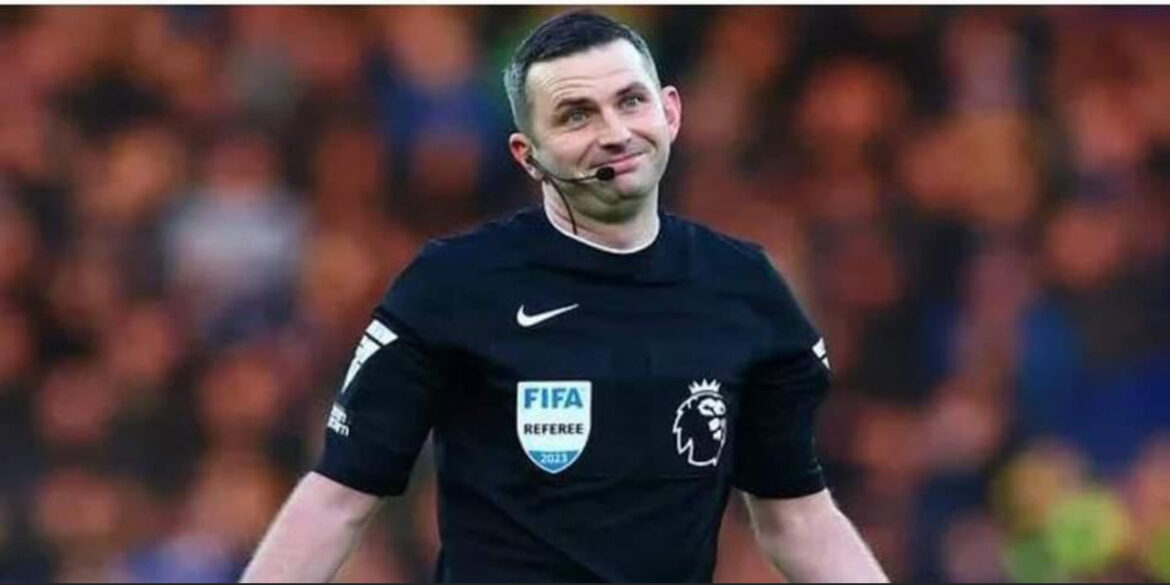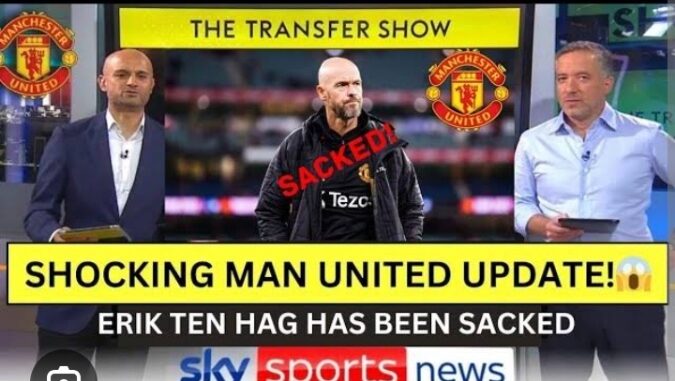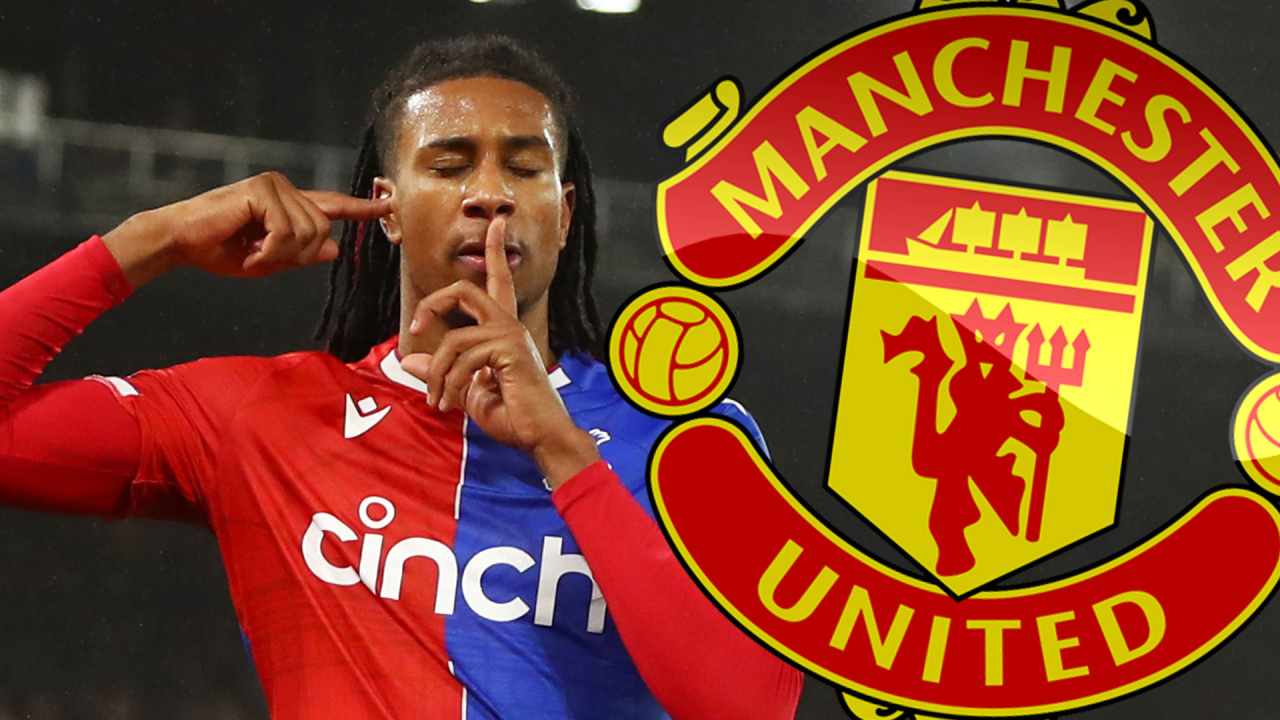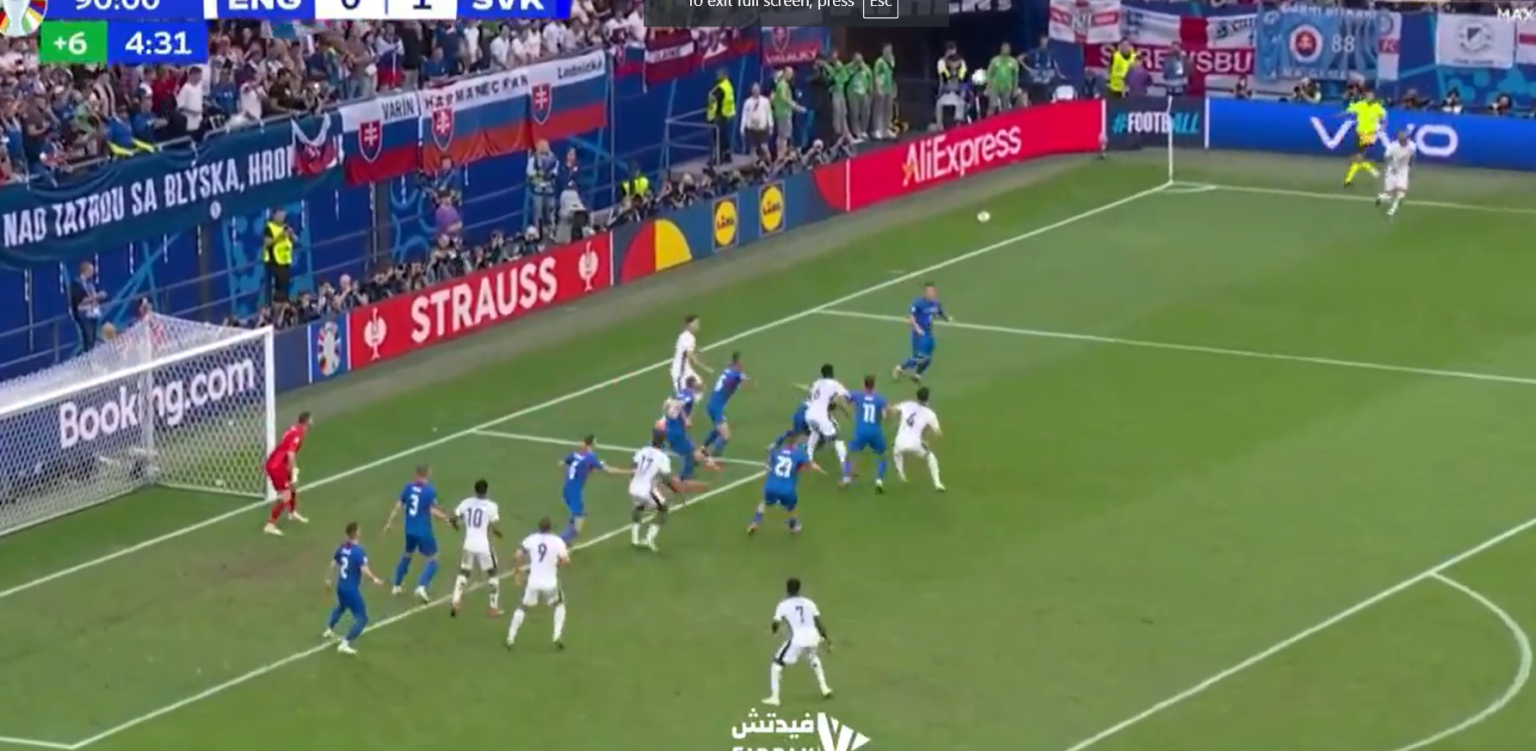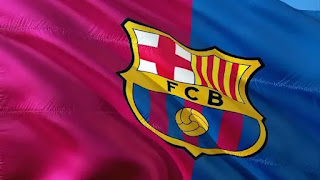It was during the injury time that the decisive event of the match occurred, which brought Diogo Dalot into the spotlight all of a sudden. Within the period of only ten seconds, Dalot found himself at the focus of attention, receiving two yellow cards that led to a huge change in the way the game was played.
In the first instance, Dalot was cautioned because of his disagreement with the referee, which was a moment of impatience that resulted in him receiving a booking.
Dalot did not pay attention to the warning and instead allowed his feelings to become more intense, which resulted in Michael Oliver issuing him another yellow card in a short amount of time. As a result of receiving two bookings, he was kicked out of the performance.
Due to the fact that Dalot was shown a red card, Manchester United was down to eleven players and faced additional difficulties in keeping their defensive composure. The repercussions of this decision were felt throughout the entire field. The incident sparked conversations among fans, pundits, and analysts, all of whom had various interpretations of the judgments made by the referee for the game.
Supporters of Liverpool, who were buoyed by the numerical advantage, expressed their disappointment over the missed opportunity to take a late penalty, which amplified the tension in Anfield. Fans of Manchester United, on the other hand, lauded Dalot’s initial defensive efforts and questioned the severity of the second yellow card, despite the fact that they acknowledged the hazardous situation.
The manner in which the referee handled the matter provided an unexpected dimension of drama to what had been a very low-key affair. As both sides navigated the last stages of the contest with changing dynamics, the match ended with a scoreless tie, leaving lingering arguments over the impact that choices made by the referees had on the outcome of the game.
After all was said and done, the drama that surrounded Dalot’s departure eclipsed the lack of goals, turning it into a topic of conversation that spread beyond the confines of Anfield.
The discourse surrounding referee decisions in football was driven by the conflicting opinions of spectators and the post-match analysis, the latter of which reinforced the sport’s ability to stir strong discussions and emotions.
